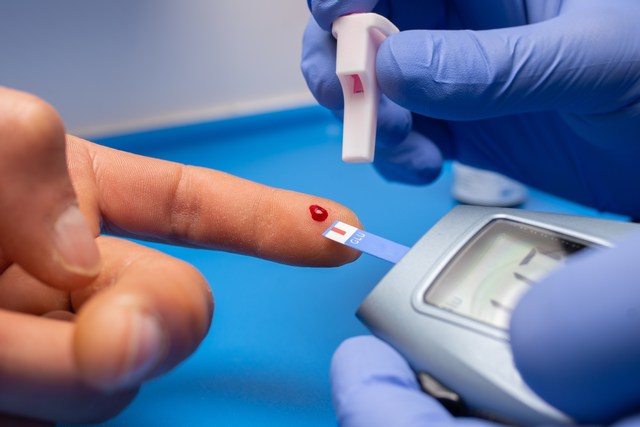Cell Based Article
Advancing Diabetes Care: Harnessing Mesenchymal Stem Cell Therapy for Improved Management

Mesenchymal stem cell (MSC) therapy shows potential in enhancing the treatment and results of diabetes, which is a chronic metabolic disorder causing high levels of sugar in the blood. Diabetes is a widespread health issue that affects millions of people and is associated with numerous complications and significant economic burdens.
MSCs, a type of adult stem cell with the ability to differentiate into different cell types and modulate the immune response, offer several potential avenues for addressing diabetes:
Regeneration of Pancreatic Beta Cells
MSCs can potentially regenerate pancreatic beta cells, responsible for insulin production. This regeneration may restore normal insulin levels, particularly beneficial for individuals with type 1 diabetes who have lost beta cell function.
Modulation of the Immune Response
In type 1 diabetes, immune-mediated destruction of beta cells contributes to insulin deficiency. MSCs possess immunomodulatory properties, which can suppress the immune response and inflammation, potentially preventing further beta cell destruction and promoting tolerance to insulin-producing cells.
Improvement of Insulin Sensitivity
In type 2 diabetes, insulin resistance is a key factor. MSC therapy may enhance insulin sensitivity by reducing inflammation and promoting the function of insulin responsive tissues, such as muscle and adipose tissue.
Enhancement of Islet Transplantation
MSCs can support islet transplantation, a treatment for type 1 diabetes, by creating a supportive microenvironment and suppressing immune rejection. This enhancement may improve the survival and function of transplanted islets, potentially leading to better outcomes for recipients.
In addition to innovative therapies like MSCs, efforts to combat the diabetes epidemic include public health initiatives promoting healthy lifestyles, early detection through screening programs, and improved access to diabetes management services. Prevention remains crucial, emphasizing the importance of healthy eating, regular physical activity, and weight management in reducing the risk of type 2 diabetes.
By harnessing the regenerative and immunomodulatory properties of MSCs, researchers aim to advance diabetes care, potentially offering new avenues for treatment and improving the quality of life for individuals living with this chronic condition.

